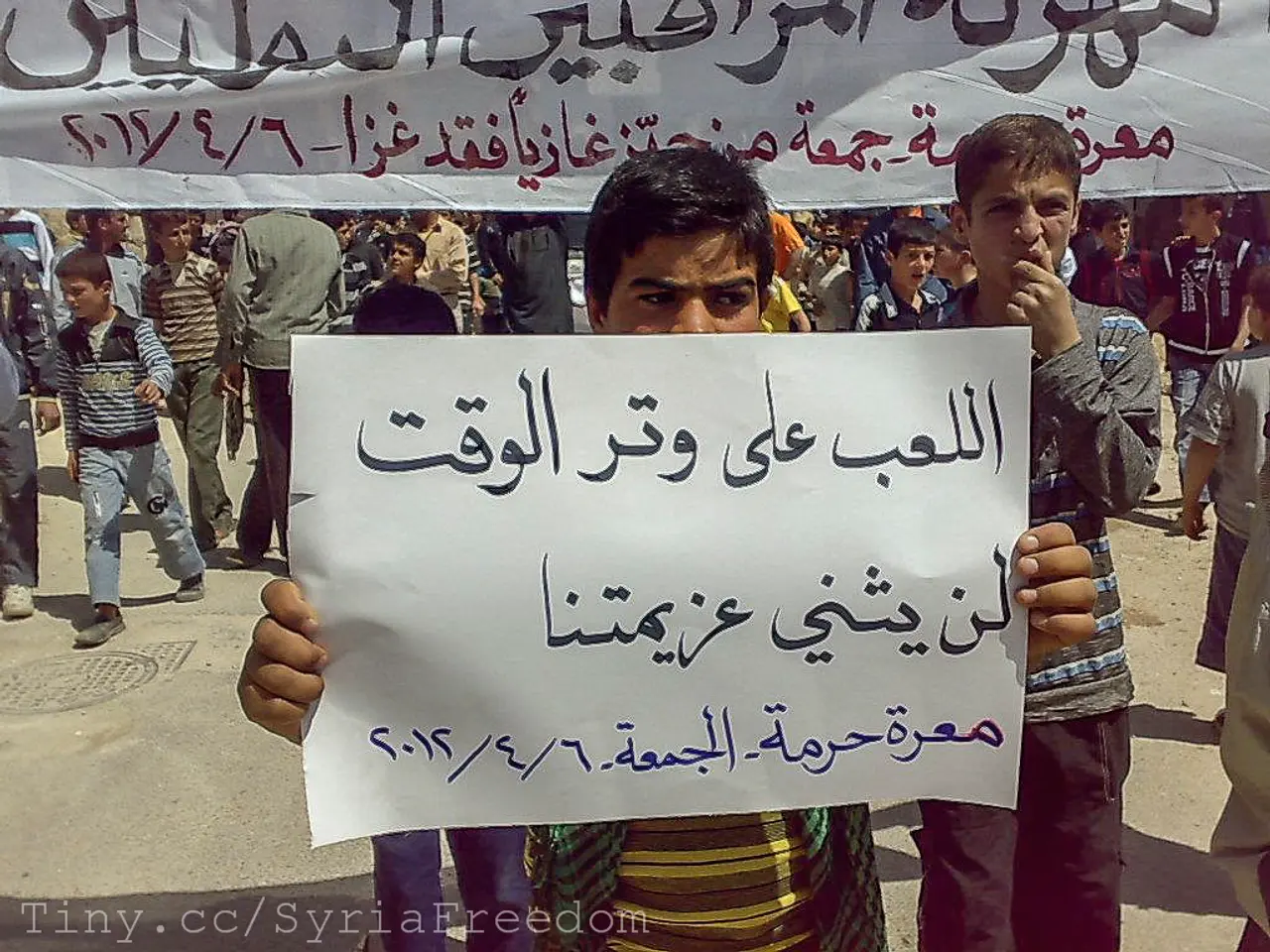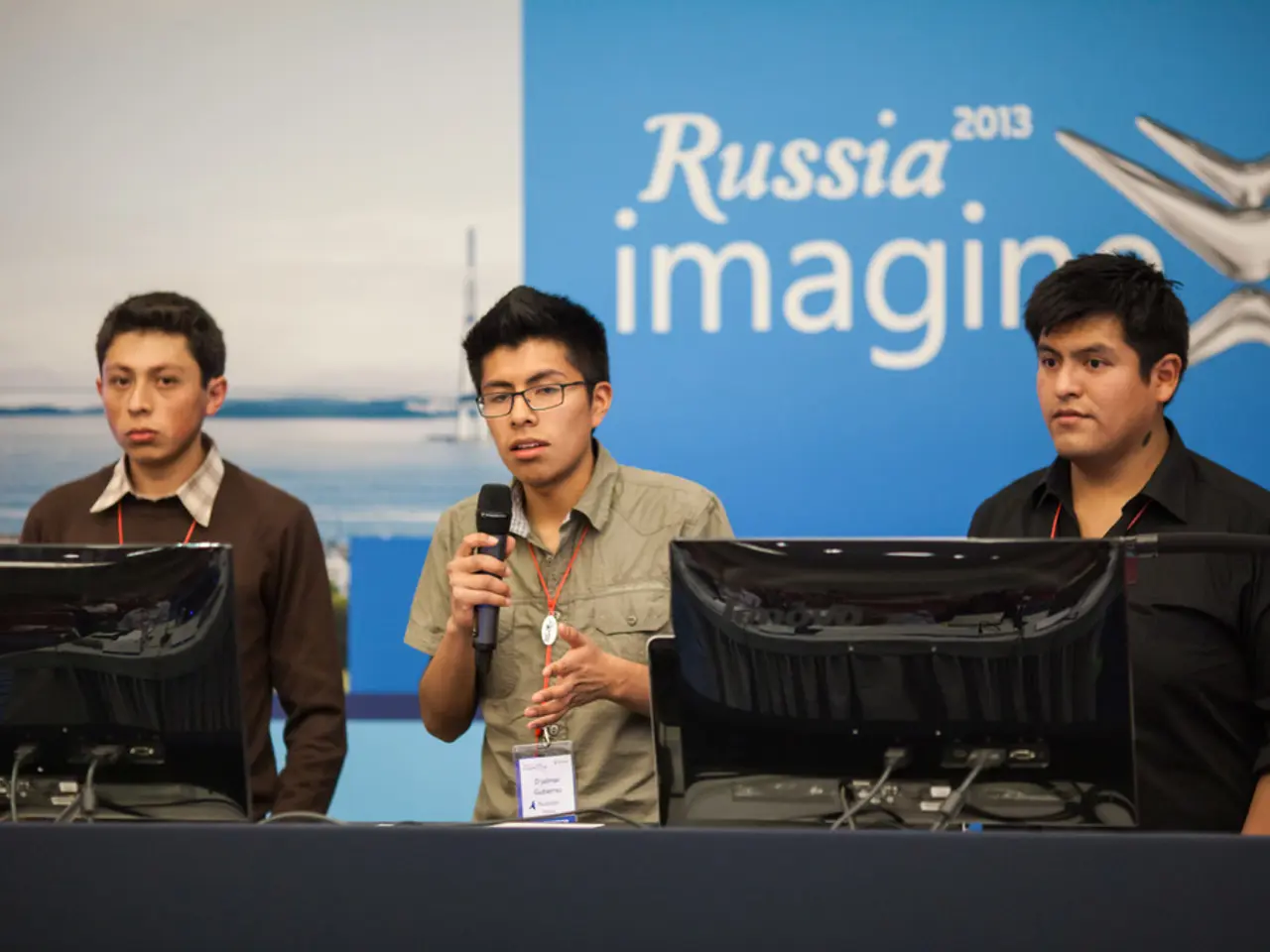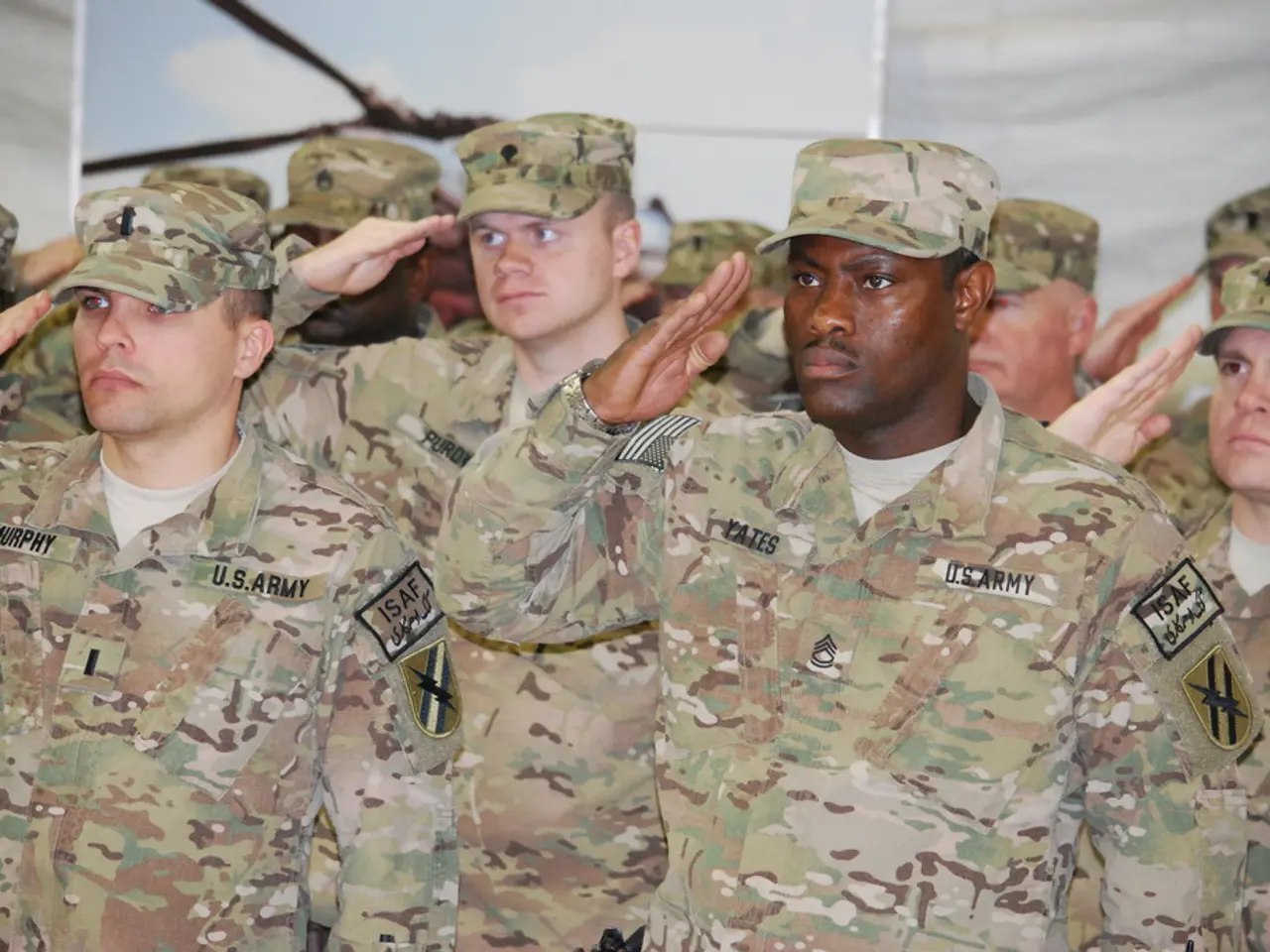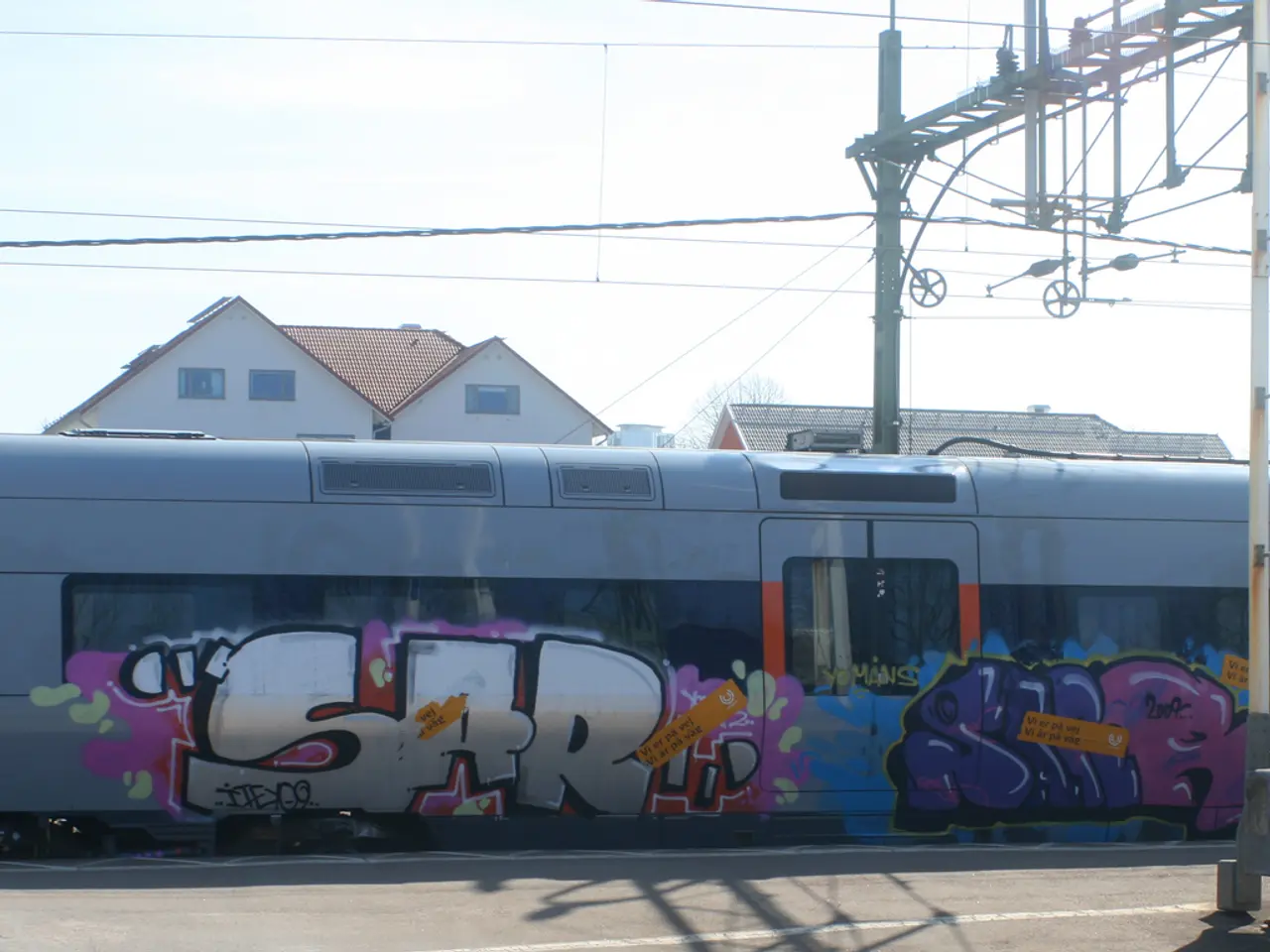Local Elections Held in Togo Amidst Public Outrage: Key Details
**Tensions Rise in Togo Ahead of Local Elections**
In the West African nation of Togo, the upcoming local government elections on July 17, 2022, are being held amidst a heavy security presence and shuttered land borders, as the country grapples with political unrest and public disillusionment.
The recent protests, triggered by the arrest of popular rapper and TikToker Tchala Essowe Narcisse, known as Aamron, and the new constitutional reforms that opposition leaders and civil society organizations say could allow President Faure Gnassingbe to rule for life, have resulted in widespread violence and arrests. According to local rights groups, at least seven people have died in the recent protests.
The protests, led largely by Togo's youth population, have been met with force, with security forces using tear gas and batons to disperse protesters, leading to widespread criticism. The M66 Citizens' Movement, a political collective of bloggers and activists, is being targeted by Togolese officials, with international arrest warrants issued for its leaders.
The M66 Movement has called for renewed protests on July 16 and 17 to boycott the municipal elections. Some opposition leaders have also called for boycotts, while others, such as Jean-Pierre Fabre, leader of the National Alliance for Change, believe participating in the vote is necessary to show Togolese what's possible.
The recent constitutional reforms from 2024 appear to weaken the president's power, with the president now being elected by the parliament for a single six-year term. However, Gnassingbe was appointed to a more powerful position: President of the Council of Ministers, a role that comes with no term limits, potentially enabling him to rule indefinitely.
Gnassingbe Eyadema, the late father of Faure Gnassingbe, ruled Togo with a military coup for 38 years (1967-2005) and was the longest-serving African ruler at the time of his death. In 2019, constitutional amendments were introduced to automatically reset Gnassingbe's terms, allowing him to run for the 2020 and 2025 presidential elections.
Togo, a developing maritime and transit hub, serves as a gateway into inland Sahel nations and is home to a major West African airline. The country's economy is heavily dependent on its port in Lome, making the political instability a significant concern for international investors.
As the nation prepares for the local elections, the atmosphere in the capital, Lomé, remains tense, with residents expressing disillusionment and fear. Many feel that participating in elections is pointless due to perceived predetermined outcomes. Thousands of demonstrators have poured into the streets of Lome in anger, calling for President Faure Gnassingbe to step down from office.
The situation in Togo remains volatile, with the potential for further unrest as political tensions continue to escalate.
- Amidst the escalating political tensions, the media is focusing on the upcoming local elections in Togo, highlighting the public's disillusionment and fear, while also reporting on the calls for boycotts from opposition leaders and the M66 Citizens' Movement.
- The climate of unrest surrounding the local elections in Togo, fueled by the recent constitutional reforms and the arrest of popular figure Aamron, is being closely monitored by international media as concerns about Togo's political stability and its economic implications for investors grow.
- As the local elections approach, political discussions in general-news outlets are dominated by the issue of Togo's climate and the role of media in shaping public opinion, with some calling for greater transparency and fairness in news coverage to minimize the spread of misinformation and foster a more informed electorate.







